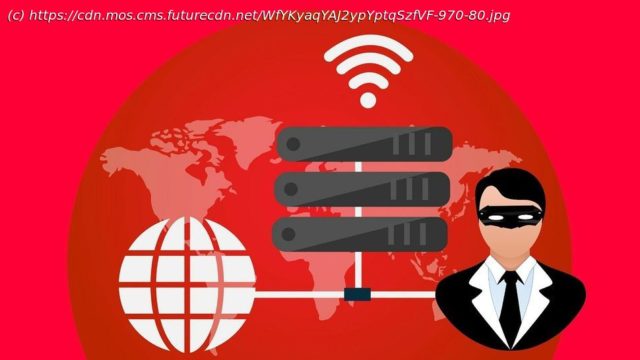RA VPNs allow secure direct access to remote employees by encrypting their web traffic
Remote access VPNs are a perfect match for businesses that value giving their employees the freedom to work from anywhere and, at the same time, want to protect their network against security lapses and cyberattacks.
In this article, I’ll explain the many ways a remote access VPN enhances a business’s security, from ensuring remote employees are able to securely access company resources to prevent unauthorized entry into the network.
I’ll also shed light on some of the other benefits of RA VPNs compared to traditional on-premise VPNs, so make sure to read until the end.
Nordlayer is offering an extra 20% discount on Annual Plans
NordLayer, formerly NordVPN Teams, offers a robust VPN solution for businesses, featuring Single-Sign-On support with Google, Azure AD, and Okta, two-factor authentication, and dedicated IP addresses. Get 20% extra discount with the code NL-TECHRADAR-2420.How remote access VPNs enhance business security?
In a nutshell, a remote access VPN encrypts the employee’s web traffic. This means that all of their interactions with the company’s network, including sending and receiving sensitive business information, such as account logins, client details, messages, or reports, are sent through an end-to-end encrypted tunnel in uncrackable code.
Encryption basically means that snoopers can’t read the employee’s traffic, even if they’re able to intercept it over an open and unsecure public Wi-Fi network. Keep reading to find out how this benefits businesses.Securing remote access
As the name suggests, a remote access VPN’s first and biggest use case is allowing an organization’s remote workforce secure access to the resources they need, irrespective of where they are on the map and what internet source they’re connected to (it could be an unsecured public Wi-Fi network, too).
Since we’re on the topic, it’s worth discussing the dangers of public Wi-Fi networks. While they offer easy internet access when you’re out and about outside the comfort of your home Wi-Fi, they’re rife with opportunistic cybercriminals.
Basically, public Wi-Fi networks are often unsecured (they lack encryption and don’t require a password to access), which can expose you to significant risks. Bad actors can intercept any sensitive information you share using public Wi-Fi, such as financial details, login credentials, and personal messages, which would then open up the jarring possibility of you falling prey to identity theft, financial loss, etc.
Furthermore, cybercriminals can exploit the public Wi-Fi’s lax security measures to infect your device with malware, use session hijacking to gain access to your online accounts or target you with phishing attacks.
In the event that the compromised individual is an employee working remotely, any of the above scenarios could wreak havoc on the company they work for. Keep in mind that just one compromised remote user device is enough to put the company’s entire network at risk, making it vulnerable to ransomware attacks, data theft, malware infection, etc.Protection against unauthorized users
With a remote access VPN guarding your business’s internal network, you can rest assured that only authorized individuals will be able to access private company resources. How? Well, remote access VPNs require users to authenticate themselves before they can enter the network.






